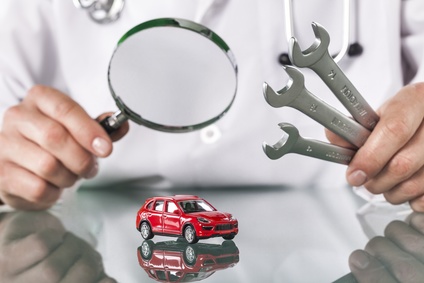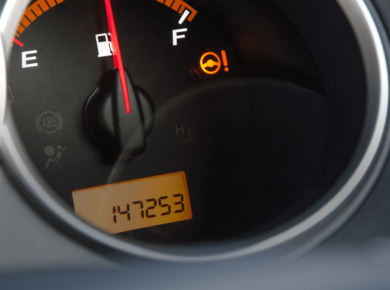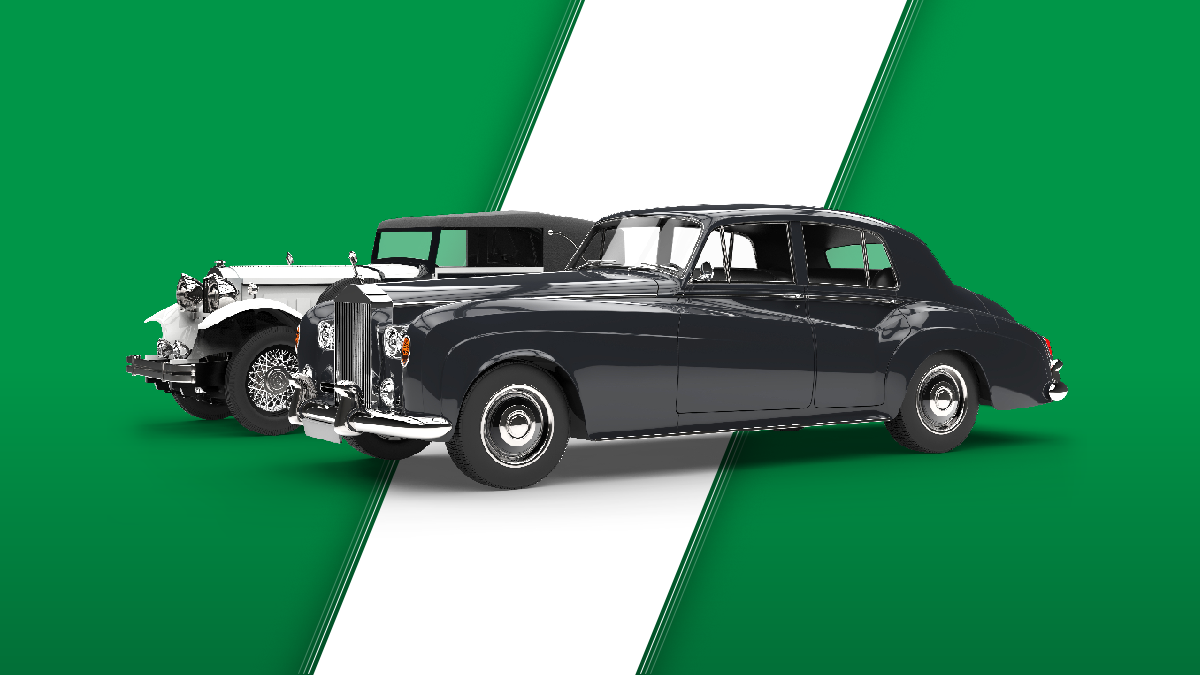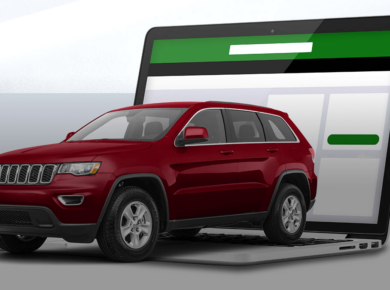When you participate in a salvage auction or car salvage auction, the first thing to verify is the document type—often referred to as car title types—that comes with the vehicle. Your title defines your ownership rights, registration eligibility, and even whether you can export the car. Here’s a guide to the different types of car titles you’ll encounter and what each means for buyers.
1. What Is a Clear Title Car?
A clear title (sometimes called a “clean title”) is the most desirable document at any salvage car auction. It confirms:
- No outstanding liens or loans against the vehicle.
- No history of total-loss—meaning the insurer never declared it a “total loss.”
- Unrestricted registration in any state.
Vehicles with a clear title may still have high mileage or normal wear, so always double-check the odometer reading before you bid.
2. What Is a Salvage Title?
A salvage title indicates the car was declared a total loss by an insurer, typically when repair costs exceed 70–90% of its pre-accident value. At salvage auction events, these vehicles:
- Carry lower purchase prices.
- Require a thorough mechanical inspection.
- Must pass state safety checks before re-registration.
If you’re asking, “What is a salvage title?” remember it flags significant past damage (collision, flood, theft, or vandalism).
3. Rebuilt Title (Restored After a Salvage Title)
Also called a “reconstructed title,” a rebuilt title is issued once a salvaged car has been fully repaired and passes inspection. Key points:
- The vehicle can be driven legally on public roads.
- You’ll see the title branded as “Rebuilt” or “Reconstructed.”
- Always compare repair costs vs. car value before bidding at a salvage car auction.
4. Bill of Sale – Parts Only
A Bill of Sale – Parts Only certifies transfer of personal property, not legal ownership. That means:
- No registration or road use is permitted.
- The car is strictly for off-road restoration or parts.
- Washington State offers a special Bill of Sale export process, but it can take up to a month.
5. Junk Certificate & Non-Repairable Titles
- Junk Certificate: The vehicle is non-repairable and only valuable for scrap or parts. You typically need a licensed dismantler’s auction to bid.
- Non-Repairable Title: Similar to junk, but export is allowed prior to scrapping. Ideal if you’re importing a project vehicle.
6. State-Specific Certificates: Form MV-907A (NY)
New York’s common salvage certificate—Form MV-907A—appears when repair estimates reach 75% of a car’s retail value. This certificate:
- Isn’t a title but allows for rebuilding.
- May designate “Parts Only” if deemed unroadworthy.
7. Summary: Different Kinds of Car Titles at Auction
| Title Type | What It Means | Can You Register? | Typical Use |
| Clear Title | No liens, no total-loss history | Yes | Everyday driving |
| Salvage Title | Total loss declared by insurer | After rebuild | Restoration projects |
| Rebuilt Title | Salvage repaired & inspected | Yes | Roadworthy post-repair |
| Bill of Sale – Parts Only | Transfer of property, not ownership | No | Off-road builds or parts only |
| Junk Certificate | Non-repairable scrap | No | Licensed dismantlers only |
| Non-Repairable Title | Destroyed; export allowed before scrapping | No | Export or scrap |
| Form MV-907A (NY) | NY salvage certificate at 75% damage level | After rebuild | Rebuild or scrap in NY |
Choosing the right document at a salvage auction is crucial. Whether you’re learning what is a clear title car, understanding what is a salvage title, or comparing different types of car titles, always run a VIN lookup or license-plate search to reveal hidden issues. For 17-digit VINs, services like ClearVin offer instant title checks, emission test results, and full vehicle histories—ensuring you bid confidently every time.










1 comment
Very interesting stuff to read.
Comments are closed.